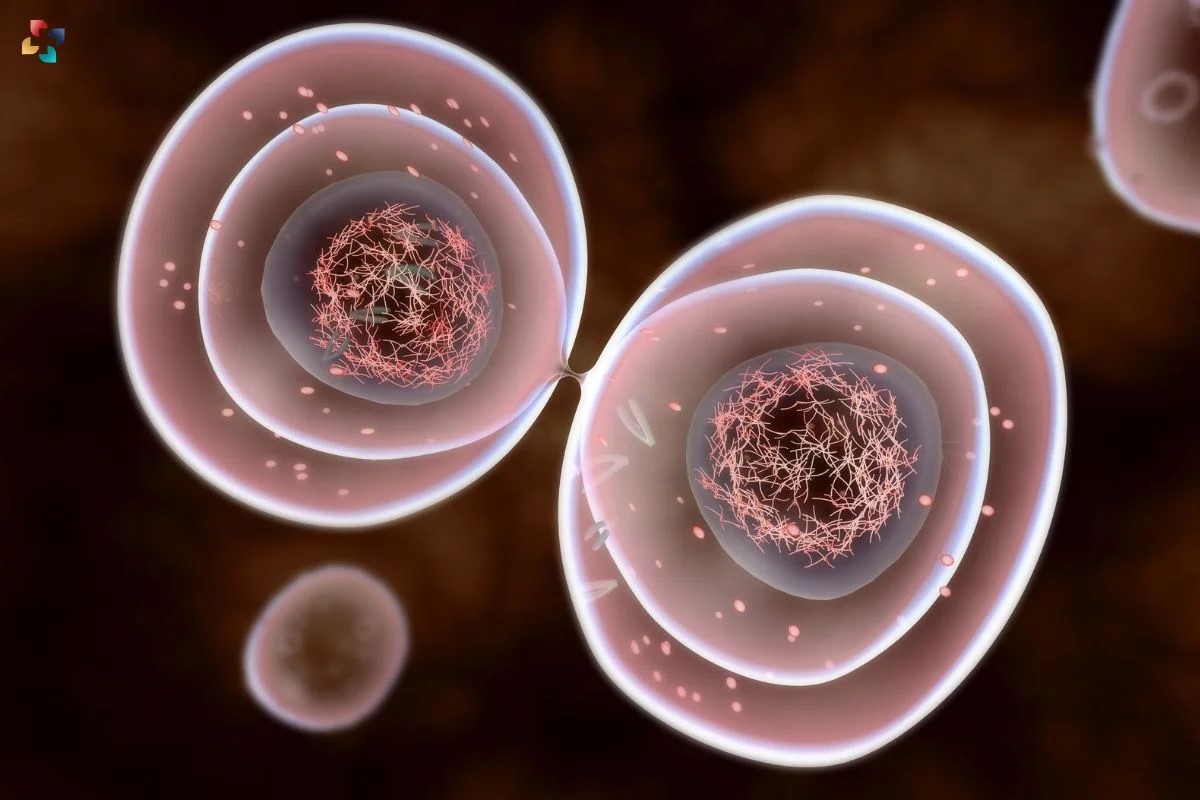Dive into the intricate world of cell division with our Mitosis and Meiosis Quiz. These processes are essential for growth, development, and reproduction in living organisms. Understanding them is key to grasping the fundamentals of biology. Challenge yourself and see how well you know the stages and differences between mitosis and meiosis. Good luck!
We recommend that you do not leave the page that you are taking this quiz in. Stay honest 🙂
Mitosis and Meiosis Quiz Questions Overview
1. What is the primary purpose of mitosis?
A. Production of gametes
B. Growth and repair of tissues
C. Genetic variation
D. Energy production
2. During which phase of mitosis do the chromosomes align at the cell’s equator?
A. Prophase
B. Metaphase
C. Anaphase
D. Telophase
3. Which of the following processes results in four non-identical daughter cells?
A. Mitosis
B. Meiosis I
C. Meiosis II
D. Binary fission
4. Which phase of meiosis is characterized by crossing over, where homologous chromosomes exchange genetic material?
A. Prophase I
B. Metaphase I
C. Anaphase I
D. Telophase I
5. What is the end result of mitosis in terms of chromosome number compared to the original cell?
A. Half the number of chromosomes
B. Double the number of chromosomes
C. The same number of chromosomes
D. Variable number of chromosomes
6. Which of the following is NOT a phase of mitosis?
A. Prophase
B. Interphase
C. Anaphase
D. Telophase
7. In which phase of mitosis do sister chromatids separate and move towards opposite poles?
A. Prophase
B. Metaphase
C. Anaphase
D. Telophase
8. What is the main difference between mitosis and meiosis?
A. Mitosis occurs in gametes, meiosis in somatic cells
B. Mitosis results in identical cells, meiosis in genetically diverse cells
C. Mitosis has two rounds of division, meiosis has one
D. Mitosis produces four cells, meiosis produces two
9. Which structure is responsible for organizing the mitotic spindle during cell division?
A. Centriole
B. Nucleolus
C. Ribosome
D. Golgi apparatus
10. What is the significance of meiosis in sexual reproduction?
A. It produces identical offspring
B. It reduces the chromosome number by half
C. It increases the chromosome number
D. It produces somatic cells
We recommend that you do not leave the page that you are taking this quiz in. Stay honest 🙂
Can Your Friends Do Better Than You in This Quiz?
Share this quiz with your friends and compare results.
Was this page helpful?
More Popular Biology Quizzes:
-
Tissue Identification Quiz
-
Epithelial Tissue Quiz
-
Skull Anatomy Quiz
-
Transcription and Translation Quiz
-
Mitosis vs. Meiosis Quiz
-
Tissues Quiz











